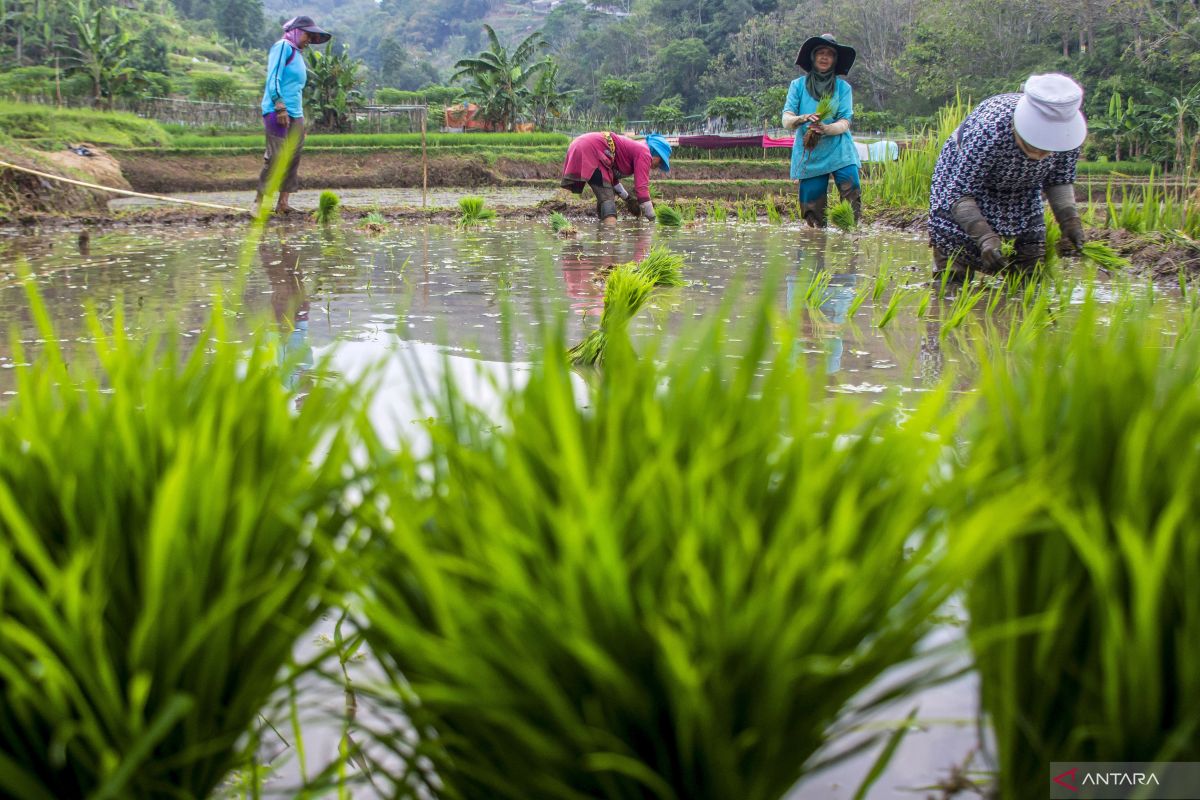Indonesia Launches Ambitious Plan for 3 Million Hectares of New Rice Fields
Jakarta Government Initiative Aims to Bolster Food Resilience Amid Growing Challenges
Jakarta (ANTARA) – In a strategic response to escalating global food insecurity and rising domestic demands, the Indonesian government has announced an ambitious plan to establish 3 million hectares of new rice fields. Deputy Minister of Agriculture Sudaryono shared details of this initiative on Friday, underscoring the critical need to bolster food resilience as Indonesia’s population is projected to reach 330 million by 2050.
Addressing Food Security Challenges
As the demands for food grow amidst a shrinking agricultural landscape, the new rice field development program seeks to mitigate these pressures. Sudaryono highlighted that extensive land conversion into industrial and residential areas has significantly reduced available agricultural land. "For this reason, creating new rice fields is a crucial solution to expand the area dedicated to producing rice, the nation’s staple food," Sudaryono explained.
This initiative, prioritized by President Prabowo Subianto, is not only a response to domestic needs but also reflects a growing awareness of international challenges. Global food systems continue to grapple with economic uncertainties, the impacts of climate change, and armed conflicts that disrupt crucial supply chains.
Ensuring Self-Sufficiency
In his address, Sudaryono emphasized the need for Indonesia to attain food self-sufficiency. “As a populous country, Indonesia must strengthen its agriculture sector to ensure that we can meet our food needs independently,” he stated. The introduction of modern agricultural practices stands at the forefront of this initiative, which includes the implementation of high-quality seed varieties, advanced irrigation systems, and mechanized farming techniques.
These strategies are pivotal as they aim not only to increase rice production but also to improve overall farmer welfare. By facilitating the development of new rice fields, the program is expected to create numerous job opportunities in the agricultural sector, fostering economic growth in rural areas. Furthermore, the initiative intends to address poverty rates in these regions by providing farmers with improved resources and income potential.
Impacts and Implications
With the looming threat of global food crises, Indonesia’s endeavor could serve as a vital model for food resilience, particularly for countries facing similar challenges. The integration of technology in agriculture through modern irrigation and mechanization is set to revolutionize traditional practices, positioning Indonesia at the forefront of sustainable agricultural innovation.
Engaging the Future of Agriculture
As this program progresses, it will be critical for stakeholders in the agricultural technology sector to monitor its implementation and outcomes. Partnerships with tech firms specializing in agricultural solutions could prove beneficial, harnessing innovative technologies to optimize food production systems.
With the government’s commitment to enhancing agricultural productivity, industry professionals must engage in dialogue about how technology can support these goals. From precision farming to AI-driven soil management tools, there is considerable potential for technology to play a transformative role in achieving food security in Indonesia.
As more details emerge, both agricultural professionals and the general public are encouraged to participate in discussions surrounding this vital initiative. How do you foresee the impact of this program on food availability and rural development? Share your thoughts in the comments section below.
For further insights into the state of food security and agricultural practices, read related articles on Shorty-News, or explore authoritative sources like TechCrunch and Wired for technological perspectives on global food systems.

